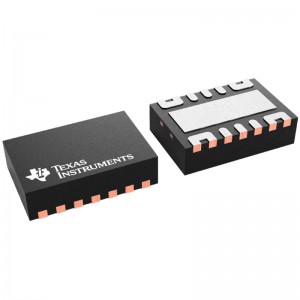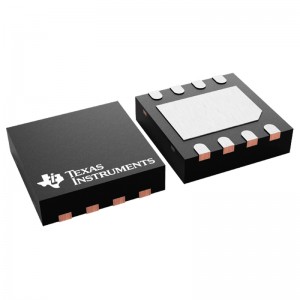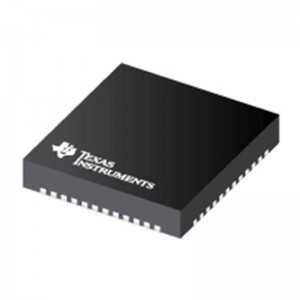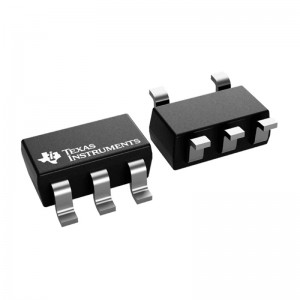
Products
TPS22976DPUR 2- ch, 5.7- V, 6- A, 14
Features for the TPS22976
Integrated dual-channel load switch
Input voltage range: 0.6 V to VBIAS
VBIAS voltage range: 2.5 V to 5.7 V
On-resistance
RON = 14 mΩ (typical) at VIN = 0.6 V to 5 V, VBIAS = 5 V
RON = 18 mΩ (typical) at VIN = 0.6 V to 2.5 V, VBIAS = 2.5 V
6-A maximum continuous switch current per channel
Quiescent current for TPS22976, TPS22976N
37 µA (typical, both channels) at VIN = VBIAS = 5 V
35 µA (typical, single channel) at VIN = VBIAS = 5 V
Quiescent current for TPS22976A
85 µA (typical, both channels) at VIN = VBIAS = 5 V
83 µA (typical, single channel) at VIN = VBIAS = 5 V
Control input threshold enables use of 1.2-, 1.8-, 2.5-, and 3.3-V logic
Configurable rise time
Fast turn ON time (TPS22976A)
tON = 17µs at VIN = 1.05V
Thermal shutdown
Quick Output Discharge (QOD) (optional)
SON 14-pin package with thermal pad
ESD performance tested per JESD 22
2-kV HBM and 1-kV CDM
Description for the TPS22976
The TPS22976 product family consists of three devices: TPS22976, TPS22976A and TPS22976N. Each device is a dual-channel load switch with controlled turnon. The device contains two N-channel MOSFETs that can operate over an input voltage range of 0.6 V to 5.7 V, and can support a maximum continuous current of 6 A per channel. Each switch is independently controlled by an on and off input (ON1 and ON2), which can interface directly with low-voltage control signals. The TPS22976 is capable of thermal shutdown when the junction temperature is above the threshold, turning the switch off. The switch turns on again when the junction temperature stabilizes to a safe range. The TPS22976 also offers an optional integrated 230-Ω on-chip load resistor for quick output discharge when the switch is turned off.
The TPS22976 is available in a small, space-saving 3-mm × 2-mm 14-SON package (DPU) with integrated thermal pad allowing for high power dissipation. The device is characterized for operation over the free-air temperature range of –40°C to 105°C.
1. Who are the staff in your R & D department? What are your qualifications?
-R & D Director: formulate the company’s long-term R & D plan and grasp the direction of research and development; Guide and supervise r&d department to implement company r&d strategy and annual R&D plan; Control the progress of product development and adjust the plan; Set up excellent product research and development team, audit and training related technical personnel.
R & D Manager: make new product R & D plan and demonstrate the feasibility of the plan; Supervise and manage the progress and quality of r&d work; Research new product development and propose effective solutions according to customer requirements in different fields
R&d staff: collect and sort out key data; Computer programming; Conducting experiments, tests and analyses; Prepare materials and equipment for experiments, tests and analyses; Record measurement data, make calculations and prepare charts; Conduct statistical surveys
2. What is your product research and development idea?
- Product conception and selection product concept and evaluation product definition and project plan design and development product testing and validation launch to market








